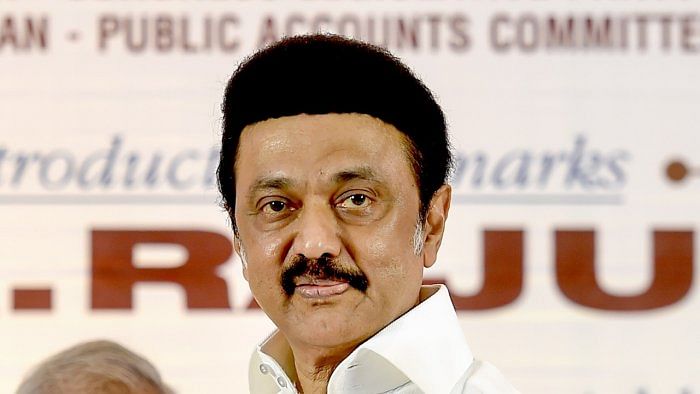
The Tamil Nadu government’s decision to provide free breakfast to students in primary schools is in line with the widely commended welfare policies followed for many decades in the state. The new scheme, announced by Chief Minister M K Stalin, will benefit as many as 1.14 lakh students in classes 1 to 5 across the state and is expected to cost the state Rs 12.5 per student. The announcement has been made in the wake of a debate in the country, initiated by Prime Minister Narendra Modi, on the role of ‘freebies’ in public policy and spending. While there is no clarity on what’s freebie and what’s welfare, the matter is being considered by the Supreme Court. Stalin has said that the school breakfast “is not a freebie, charity or incentive, it is the government’s responsibility” to ensure that no child goes hungry in the state.
It was in Tamil Nadu that the universal mid-day meal scheme for schools was first introduced. It was launched by the AIADMK government of M G Ramachandran in 1982, and succeeding state governments have fine-tuned it. It turned out to be an important intervention in the history of school education in the country. It improved school enrolment and provided better nutrition to the students. Children from many poor and backward families had an additional incentive to attend school. There were gains in both education and health. The scheme was also useful in tackling problems like child labour. Its success lay in the fact that it linked the two basic needs of education and food and made one support the other. It was a case of a good social investment yielding results in many areas. Other states borrowed the idea from Tamil Nadu, and it has worked well everywhere.
The breakfast scheme should be considered an extension of that. According to the Tamil Nadu government, a survey had found that many students were skipping their breakfast to reach school early. There are also many families that are unable to provide a good breakfast to children. One out of four students went to school without breakfast, the survey showed. The breakfast scheme proposes to provide a nutritious and tasty breakfast to all children. It is to be implemented in phases and has special relevance in the aftermath of the disruptions caused by the Covid pandemic. There have been complaints about the mid-day meal scheme, in Tamil Nadu and in other states, related to corruption, quality of food, etc. But the benefits of the scheme outweigh these issues, though they must be tackled regularly. All states have enough experience now to implement the scheme well.